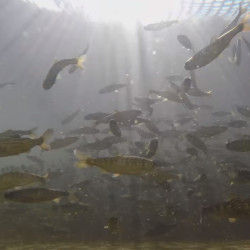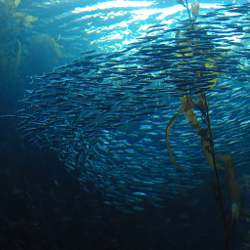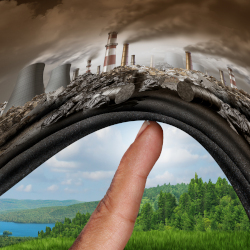Rebeckah Adcock used to be the senior director of government affairs at CropLife America—that’s the trade association for pesticide manufacturers, like Monsanto, Bayer and DowDupont. Now Adcock works in the U.S. Department of Agriculture’s regulatory office.
Nancy Beck used to be an executive at the American Chemistry Council. In 2018, she was appointed to oversee the U.S. Environmental Protection Agency’s toxic chemical unit.
According to an article this week in PoliticoPro, Beck oversaw a rollback of efforts by the Obama administration to implement the Toxic Substances Control Act revisions—despite the act having been passed in the last Congress, with bipartisan support.
Under the revisions written by Beck, the Toxic Substances Control Act now applies only to the direct effects of a chemical—it’s no longer concerned with the negative consequences of improperly releasing a chemical into the environment, or with what happens when someone eats or drinks toxic pesticide residues left on food or plants.
This is what we’re up against. Taxpayer-funded agencies that are supposed to protect the public are being run by the chemical industry. With no transparency. And no apologies.
We can shrug our collective shoulders and chalk it up to “politics.”
Or we can exercise our rights by mobilizing millions of protestors and voters to take back our government. We make no apologies for choosing to fight back. We hope you’ll join us.
Make a tax-deductible donation to the Organic Consumers Association
Support Citizens Regeneration Lobby, OCA’s 501(c)(4) lobbying arm (not tax-deductible)
Click here for more ways to support our work














